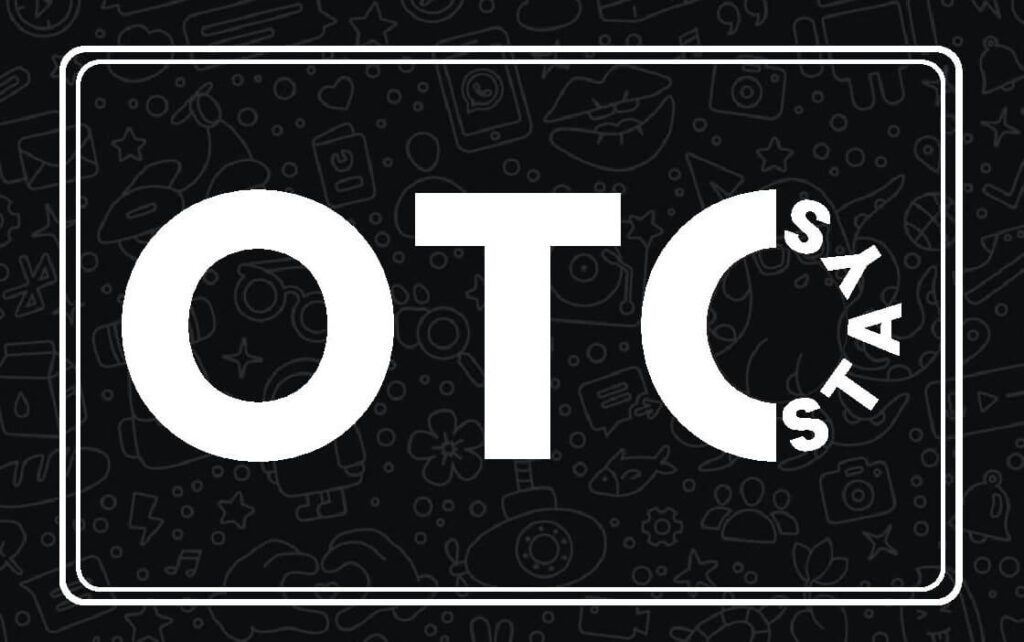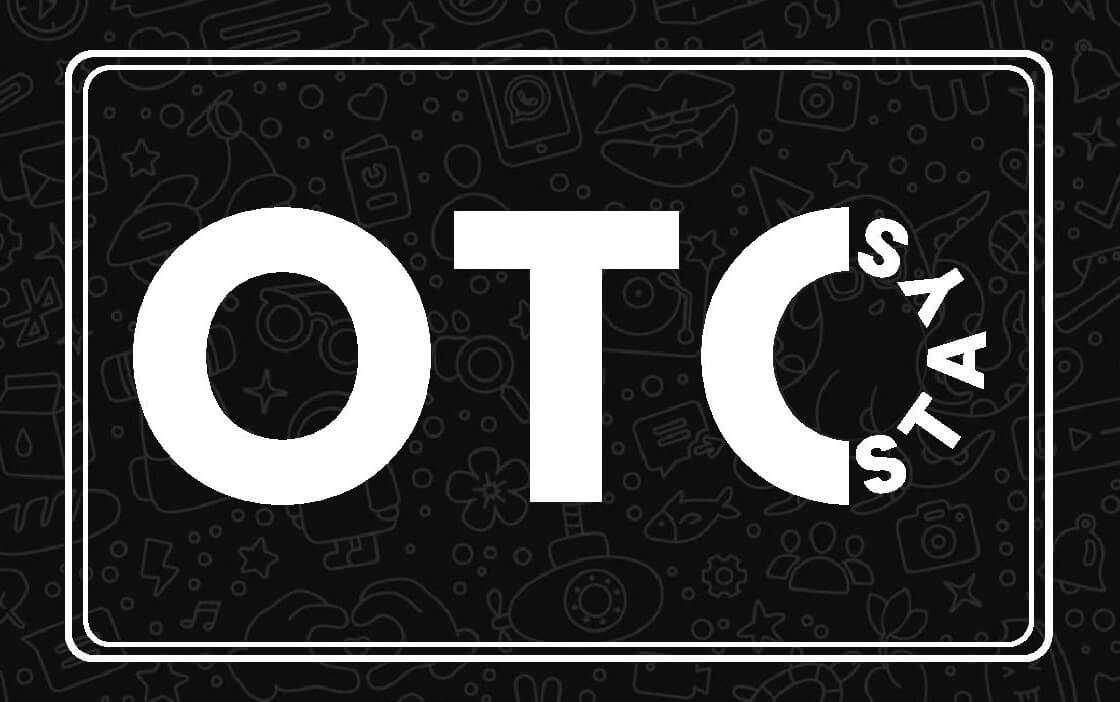
15 Reasons To Not Ignore ADHD Private Diagnosis
How to Get an ADHD private psychiatrist adhd assessment Diagnosis
Getting an ADHD private diagnosis can make a big difference to your behaviour, perspective and plans. But it’s not as easy as simply booking an appointment.
 Doctors aren’t able to diagnose ADHD. They are able to refer you to specialists to conduct an assessment. This is typically an audiologist or psychiatrist.
Doctors aren’t able to diagnose ADHD. They are able to refer you to specialists to conduct an assessment. This is typically an audiologist or psychiatrist.
What is ADHD?
A person can be diagnosed with ADHD when they exhibit symptoms of the disorder that are present in a way that is higher than the average. These include difficulty paying attention, trouble staying focused on activities or tasks or activities, impulsive behavior (for instance, making rash decisions, becoming impatient or snappy with people, or interrupting others during conversations) and hyperactivity.
ADHD can cause issues in a variety of areas of your life, such as at home, school and at work. It can cause problems in relationships and make it difficult to get along with other people. It can also trigger feelings of anger and low self-esteem. It can also cause stress for the entire family. The good news is that treatments can alleviate these problems.
A doctor can help those with ADHD manage their symptoms. They might be prescribed medication or behavioural therapy. Groups and organisations can provide assistance to people suffering from ADHD diagnoses.
If a person wants to be assessed for ADHD and is interested in having it assessed, they can ask their GP for an appointment with an expert. They can also print copies of the NICE 87 guidelines, which stipulate that only a specialist is able to determine if a diagnosis is appropriate or not. It is important to be aware that private healthcare providers do not have the right to bend the rules because they receive payment for their services.
There are a myriad of experts who can diagnose ADHD including psychiatrists and psychologists. A psychiatrist is a medical professional who diagnoses and prescribes medications as well as a psychologist who is an expert in the brain and offers advice on daily strategies.
NICE guidelines state that a psychiatrist must assess ADHD in those who suffer from symptoms for more than six months. If they decide that a patient does not meet the requirements for a diagnosis, they will explain the reason. They will suggest that the patient seek a second opinion from another specialist. This could be performed in conjunction with the initial evaluation.
how to get a private adhd assessment can I get a medical diagnosis?
Getting a diagnosis for ADHD can ease frustration and feelings of embarrassment. A diagnosis can also help you receive the proper treatment for your symptoms. It is crucial to check for other conditions which can mimic the ADHD symptoms, such as anxiety, depression bipolar disorder, depression, and sleep disorders. A diagnosis may be a relief to some, particularly children who may feel overwhelmed by their school struggles and struggle to understand the reason.
During the ADHD evaluation, you will be interviewed by your doctor and possibly others, such as your family member or a friend teachers, coaches or daycare providers. They will inquire about the symptoms of your child and/or you, how they affect you or your child at home, at school, and in social settings, as well as your medical history and family history. They might also request to see your school or work documents.
A psychiatrist (also known as a psychiatric doctor) is the one who diagnoses ADHD and prescribes medications. To be able to prescribe medication, they must meet certain requirements.
You can request your GP to refer you to a specialist, or you can make your own referral to a private adhd assessment for Adults near me healthcare provider like Priory that specializes in adult ADHD evaluations. You can decide to go with a NHS-approved provider or one that isn’t, and this will impact the time you’ll need to wait for an appointment.
If you choose to go through private healthcare be sure the doctor is an appropriately qualified healthcare professional who is a member of the General Medical Council and on their specialist registry. It is also recommended to read reviews before choosing an individual service.
It’s crucial to be honest and transparent when discussing your symptoms with a healthcare professional. To diagnose ADHD an evaluator is looking for private adhd assessment for adults near me symptoms that meet certain requirements. It is essential to tell them all about your difficulties.
What happens if I don’t get an answer to my question?
The process of diagnosing ADHD is a rigorous one. It is important that you locate a doctor you trust. You can ask for recommendations from your trusted friends or GPs, as well as other health professionals. Then, do some research about them and verify their professional and academic credentials.
The psychiatrists who carry out private assessments rely on a set of criteria published by the American Psychiatric Association, called the Diagnostic and Statistical Manual for Mental Disorders’ Fifth Edition (DSM-5). It identifies the signs that should be present to diagnose ADHD. The specialist will examine your medical, family, and psychiatric histories and interview you in detail. They will also review your current symptoms and assess how they’ve been affected by your life. They can also request your work or school reports or a copy of your results from the self-screening tool.
It is common for people to feel a great sense of relief after receiving a diagnosis. It’s a feeling of relief to know that their ADHD is the cause of many of their issues. For adults who receive their diagnosis later in life, it’s usually more significant. It can help them make sense of the years of anger, self-sabotage and failure that they have had to deal with because of their undiagnosed ADHD.
The process for children is slightly different. It is more common for them to be diagnosed in elementary school when it becomes apparent that their inability to focus or follow directions are affecting on their performance at school. It’s possible that their symptoms are interpreted as lazy or not working very hard, and that they have been underperforming in a particular subject for a long period of time.
For this reason, it is very important to speak with your child’s teacher if you think they may be suffering from ADHD and to urge them to seek an official diagnosis from a qualified psychologist or psychiatrist. You should also make an appointment with your GP who will likely support you in seeking a child’s diagnosis.
What happens if I’m never diagnosed?
Adults may find it difficult to cope with ADHD. For many people, getting an diagnosis and finding proper treatment can completely change their lives. It can help people find the right job, enhance their relationships and get back on track. For those who have been living with undiagnosed ADHD for their entire lives, a diagnosis can provide relief and help in overcoming feelings of guilt and shame.
The process of diagnosing ADHD isn’t easy especially for those who do not have access to healthcare or cannot afford it. Race, gender and economic factors may also determine if someone is diagnosed with ADHD.
If someone suspects they might have ADHD and is concerned, they can begin by asking their doctor for the recommendation of an ADHD specialist. They may also ask their doctor or a mental health professional for suggestions. Be wary of any questionnaires that claim to diagnose ADHD because they aren’t always standardized or scientifically validated. The only way to obtain a valid diagnosis is to see an accredited mental health professional who is able to conduct ADHD evaluations for adults. This includes clinical psychologists, psychiatrists, neurologists or family physicians.
To receive a diagnosis of ADHD the individual must prove that ADHD has a significant impact on their daily life. This typically includes showing that the symptoms cause impairment in at least two major private Adhd assessment For adults near me settings, such as work and home. The doctor will look over the symptoms and the patient’s medical history and will typically conduct an exhaustive interview. This may include discussing the person’s academic, social and emotional life. The doctor will also look into the family history and any other medical issues that may be present.
It is also important to remember that certain medical conditions, such as seizures and thyroid problems can trigger symptoms that resemble ADHD. It is essential to verify that the symptoms of ADHD are real, and not caused by a different disorder or illness.
